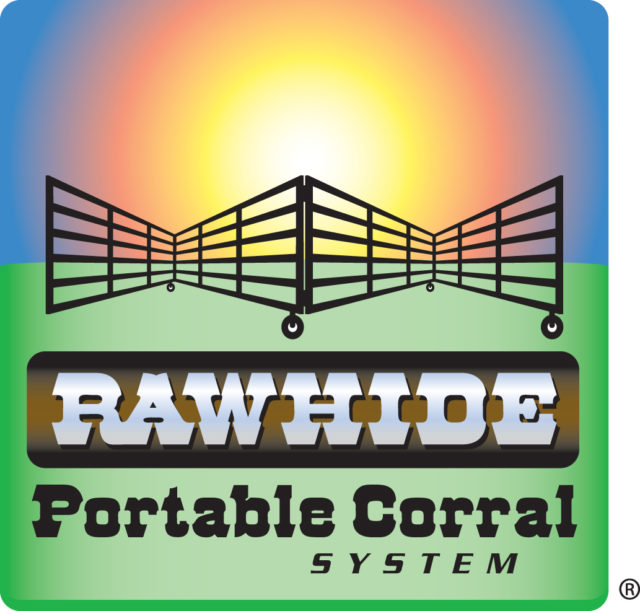Living during the era of Covid-19 is interesting, to say the least. There are differing opinions, ideas, etc., that are bringing people together or tearing them apart. However, one thing everyone can agree on is real estate. Real estate in rural areas is hotter than ever. All across the nation, real estate prices are rising, and properties are barely staying on the market.
Realtors are commenting that people want out of the cities. With the ability to work from home remotely, the opportunity to live away from the place one works is rising. This is creating an even greater influx of people moving to agricultural areas.
For us in agriculture, this means a couple of things:
1. Land prices are going up. If you are looking to sell, this might be beneficial. If you are looking to expand, it might be expensive.
2. You will likely have new people in the neighborhood.
A. When we have new people in the neighborhood, we have the option to welcome them or not.
B. New people know when they are welcomed – and when they are not.
3. Our way of life doesn’t have to change, even if it feels like it is being challenged.
I suppose it is somewhat natural to feel overwhelmed by the number of people moving into our areas. I’ve heard so many people wonder, “What will all these new people do to our community? Our schools?”
While a growing population can be a concern in communities, it can also be a delight.
I’ve heard many people laughing about how newcomers don’t know anything or don’t have a clue about agriculture. These comments may or may not be accurate depending on each newcomer, but the positive side of this is: We are their example of agriculture.
While many folks might have known where their food comes from, now they are seeing where it comes from. Now that they live across the field from us or in our communities, they are getting a front-row view of how agriculture works.
- Their kids are excited to be in 4-H or be around farm animals. They might jump into showing steers without even knowing how to steer. (bad joke)
- They are telling their friends back home all about their new home.
- Essentially, they are watching how we act.
While we may bemoan some of the changes occurring with this exodus to rural areas, we have an amazing opportunity to make a positive influence in how the general public views agriculture.
Social platforms do provide a wide viewing audience, and if you happen to land on a social platform, great. At the very least, know that your new neighbors or community members are watching to see how you act toward them and toward your animals. These are unprecedented times to show them that we are clean, we care for our animals in humane ways, and we offer a quality of life combined with quality business practices.
If we entered a high-rise business complex in a large city, picked a door, walked in and struck up a conversation with whoever was there, we may or may not have anything in common or be able to hold our own in the conversation. The person working at said business would most likely not expect that a random person know their area of expertise.
Yet how often do we assume that someone driving by or moving in ought to know our area of expertise? Yes, hopefully they have a basic understanding of the circle of life and entry-level animal care, but when we assess our agricultural practices, it is necessary that we see our farms and ranches as a business specialty. We “study” our field, literally and figuratively. We study our animals, how they move, how they live. We never stop observing and learning. We have a knowledge base that is specific to us, our families and our land.
Should we get an opportunity to explain our specialties to someone who doesn’t know them, it is an opportunity to not only promote our specialty but the industry as a whole. I had someone not connected with agriculture comment to me about the following:
- How one rancher talks about another rancher.
- How ranchers think their way is the only way to do something.
- How rural people say, “This is the way it has always been done, so this is the way it will always be.”
- How we treat our animals reflects on not just us but the entire industry.
Friends, land prices may be changing, communities may be growing, but wasn’t it just years ago we were commenting on a dying rural America? It isn’t dying anymore. Honestly, I can’t fault anyone for moving and trying to make the best life possible for their family. Isn’t that what we all want? As ranchers, we are positioned to promote our way of life and our ranching practices like never before.







